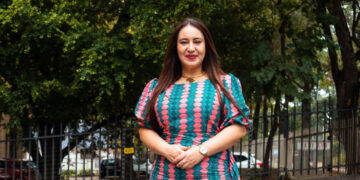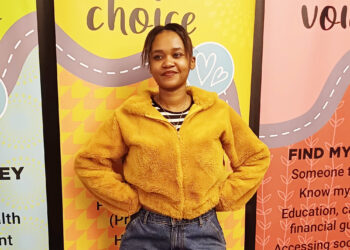The shame associated with seeking treatment for mental health and wellness usually keeps many of us from asking for help.
We have spent years talking about and getting comfortable with the conversations around mental health. This has helped society shed a light on the issue as a whole. To an extent, attempts at normalizing discussing mental health have been largely productive. There does, however, still seem to be a stigma that hangs over admitting to needing help.
The negative and often unfair beliefs that drive our prejudice around mental illness is why so many who are afflicted feel too embarrassed to seek help, let alone talk about it.
How is it that a physical injury or disease has no stigma attached to it, but any psychological disease is treated differently. Aren’t they, in essence, the same?
A cancer diagnosis or heart problems are rarely kept secret or discriminated against, but mention issues with substance abuse, depression, or an anxiety disorder is the quickest way to have people judge you before you can even introduce yourself. This is also how many families fall into the trap of sweeping these issues under the rug instead of facing them.
The idea of defining an individual by an affliction they did not choose may seem barbaric, but it still happens. We are always ready to tell our brave stories of survival when we talk about our cancers, or appendicitis scars and that does not define who we are. We actually become heroes for it but we are also so much more than the diagnosis. Overcoming or living openly with a mental ailment should be the same – this is how we show that we’ve grown as a society.
The language we use to refer to mental illness is also very harsh and we often don’t realize this. We call the kid who just woke up in a funky mood “bipolar,” or the girl who breaks down after an obviously taxing day “depressed.” This greatly diminishes the very real suffering of people who actually live with these disorders.
Do we ever mention, in conversation or to our doctors that a psychological disorder runs in the family? We will freely talk about our family’s struggle with diabetes or cancer.
One thing we need to remember is that we inherit our minds as much as we do our bodies. Opening up conversations like this could mean the solution to a lot of the substance abuse and other issues of mental health that often lead to homelessness and rejection by society.
We don’t stereotype against someone with diabetes so we shouldn’t take actual depression lightly – it is more than just a “sad day.” It takes more than just a positive attitude to solve it, if you need help, ask for it. Diabetes and depression both occur because of a chemical imbalance in the body. We can’t think of it as a weakness in either case. It begins with everyone, afflicted or not.
We will gladly seek the advice of a doctor when anyone of our bodily functions stops working properly, let’s do the same for our brains.
Sibusiso Sloane
Soweto Sunrise News


































